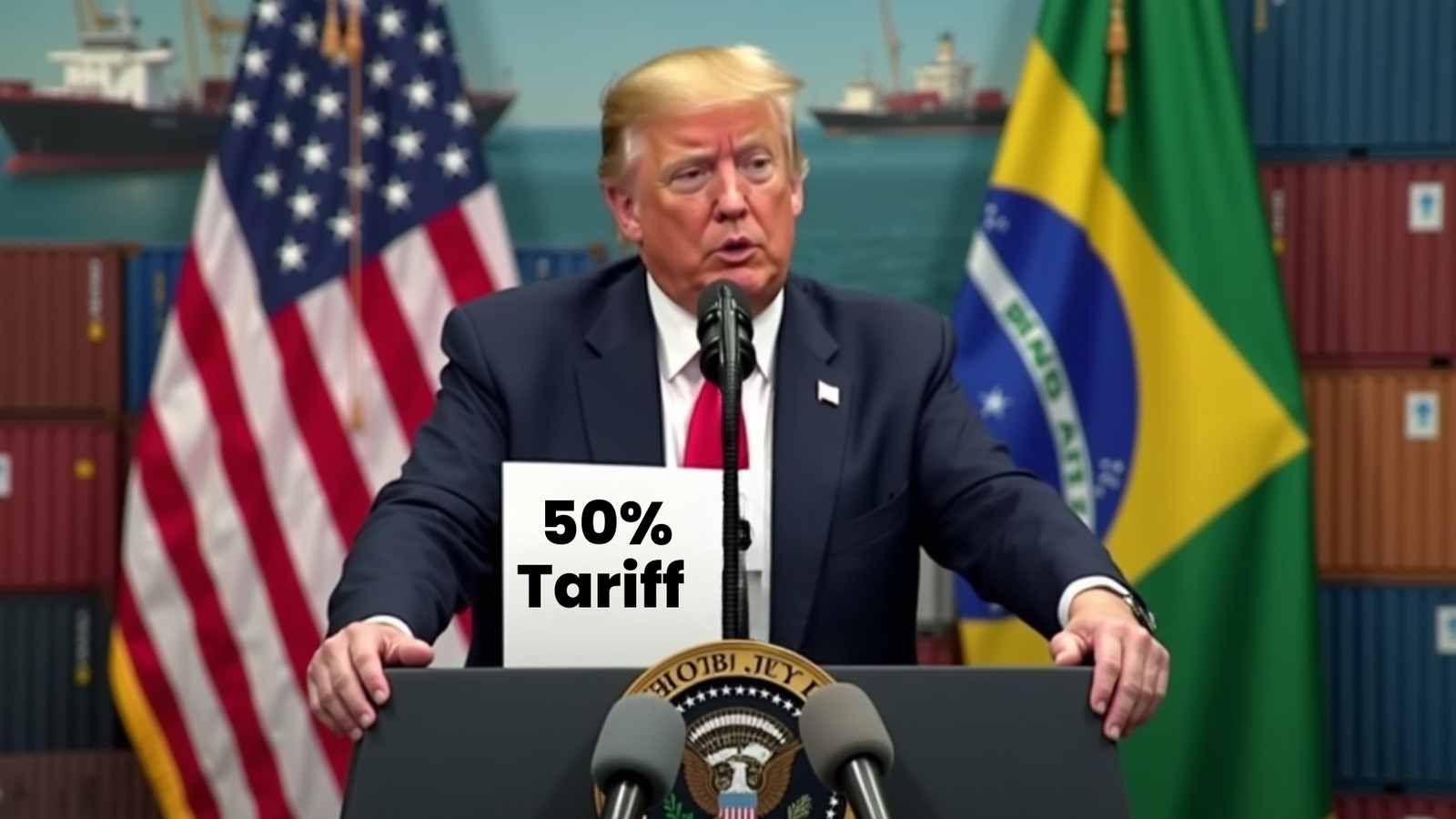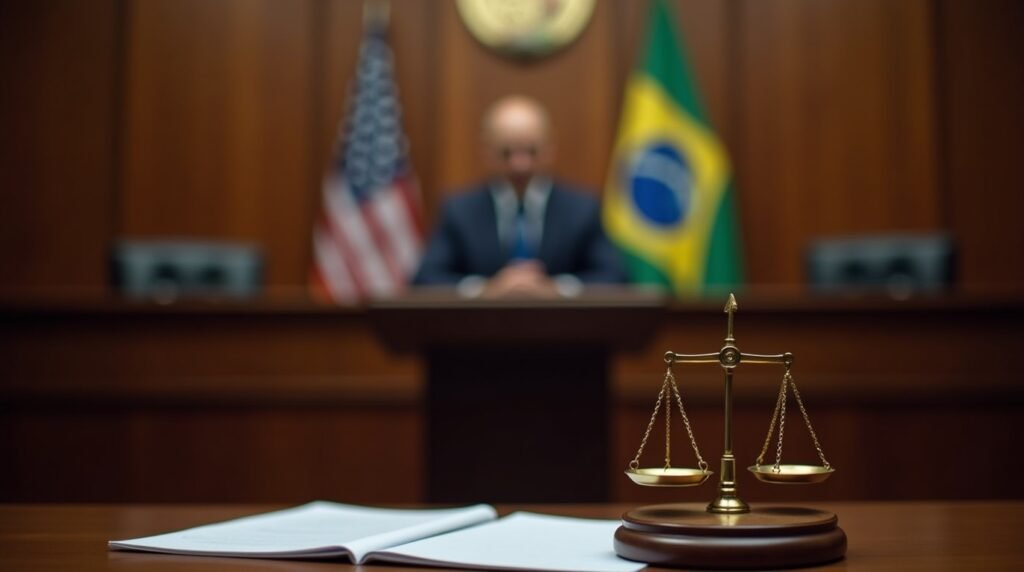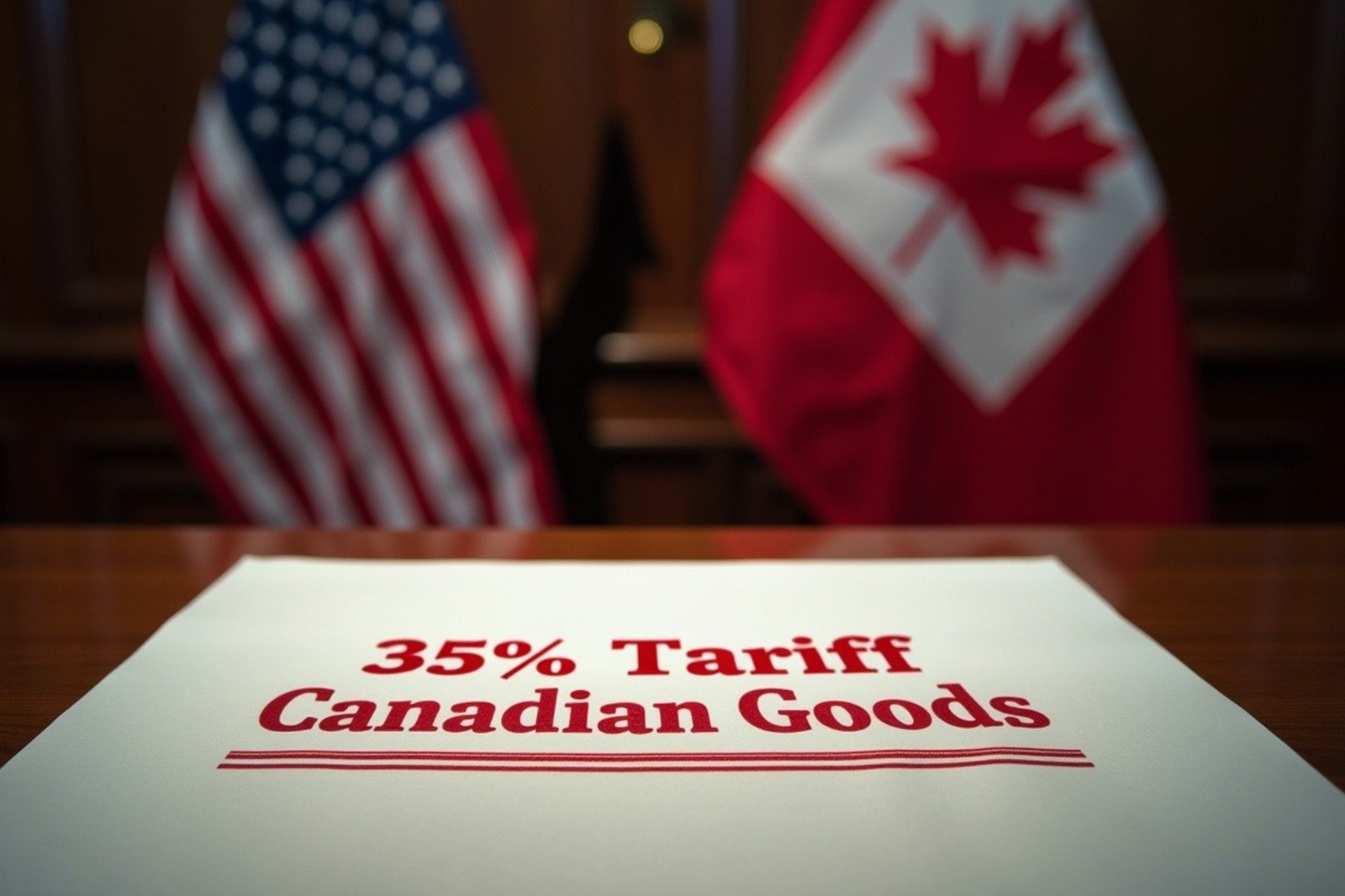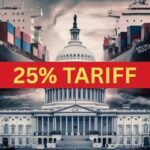- Home
- ScienceDiscover the latest updates from across the United States, including politics, culture, economy, and trending stories. Stay informed on the key events shaping the nation and the topics everyone’s talking about.
- EconomyOur Economy page provides comprehensive reporting on international financial systems, trade dynamics, development economics, and macroeconomic policy. Drawing on expert analysis and institutional data, we illuminate the interconnected nature of global markets and their real-world implications for governance and inequality.
- HealthWe examine global health issues through the lens of policy, access, equity, and innovation. From pandemics and healthcare infrastructure to mental health and biotechnological breakthroughs, our health reporting is rooted in empirical data, expert insight, and a commitment to understanding health as a cornerstone of human development.
- HistoryThis section revisits critical junctures in world history, emphasizing the relevance of historical events in shaping present-day global affairs. Through scholarly narratives and fact-anchored storytelling, we uncover the often-overlooked patterns, power structures, and human decisions that have left a lasting imprint on international relations and societies.
- PoliticsOur Politics section offers in-depth analysis of international political developments, ideological movements, and institutional shifts. With a focus on global governance, diplomacy, and geopolitical strategy, we provide nuanced reporting that transcends partisan narratives and situates events within their broader historical and structural contexts.
- War & ConflictThis section delivers meticulous coverage of international conflicts, civil wars, military strategies, and peace negotiations. We prioritize geopolitical context, long-term impact, and the role of state and non-state actors—eschewing sensationalism in favor of sober, historically informed analysis.
- TechnologyWe critically examine the global technology landscape—from artificial intelligence and cybersecurity to digital policy and ethical innovation. Our reporting focuses not just on what is being built, but why it matters: how technological change influences governance, economy, security, and human life on a planetary scale.
- Features
- Home
- ScienceDiscover the latest updates from across the United States, including politics, culture, economy, and trending stories. Stay informed on the key events shaping the nation and the topics everyone’s talking about.
- EconomyOur Economy page provides comprehensive reporting on international financial systems, trade dynamics, development economics, and macroeconomic policy. Drawing on expert analysis and institutional data, we illuminate the interconnected nature of global markets and their real-world implications for governance and inequality.
- HealthWe examine global health issues through the lens of policy, access, equity, and innovation. From pandemics and healthcare infrastructure to mental health and biotechnological breakthroughs, our health reporting is rooted in empirical data, expert insight, and a commitment to understanding health as a cornerstone of human development.
- HistoryThis section revisits critical junctures in world history, emphasizing the relevance of historical events in shaping present-day global affairs. Through scholarly narratives and fact-anchored storytelling, we uncover the often-overlooked patterns, power structures, and human decisions that have left a lasting imprint on international relations and societies.
- PoliticsOur Politics section offers in-depth analysis of international political developments, ideological movements, and institutional shifts. With a focus on global governance, diplomacy, and geopolitical strategy, we provide nuanced reporting that transcends partisan narratives and situates events within their broader historical and structural contexts.
- War & ConflictThis section delivers meticulous coverage of international conflicts, civil wars, military strategies, and peace negotiations. We prioritize geopolitical context, long-term impact, and the role of state and non-state actors—eschewing sensationalism in favor of sober, historically informed analysis.
- TechnologyWe critically examine the global technology landscape—from artificial intelligence and cybersecurity to digital policy and ethical innovation. Our reporting focuses not just on what is being built, but why it matters: how technological change influences governance, economy, security, and human life on a planetary scale.
- Features
Now Reading: Trump Imposes 50% Tariff on Brazil Over Bolsonaro Case
-
01
Trump Imposes 50% Tariff on Brazil Over Bolsonaro Case
- Home//
- Science//Discover the latest updates from across the United States, including politics, culture, economy, and trending stories. Stay informed on the key events shaping the nation and the topics everyone’s talking about.
- Economy//Our Economy page provides comprehensive reporting on international financial systems, trade dynamics, development economics, and macroeconomic policy. Drawing on expert analysis and institutional data, we illuminate the interconnected nature of global markets and their real-world implications for governance and inequality.
- Health//We examine global health issues through the lens of policy, access, equity, and innovation. From pandemics and healthcare infrastructure to mental health and biotechnological breakthroughs, our health reporting is rooted in empirical data, expert insight, and a commitment to understanding health as a cornerstone of human development.
- History//This section revisits critical junctures in world history, emphasizing the relevance of historical events in shaping present-day global affairs. Through scholarly narratives and fact-anchored storytelling, we uncover the often-overlooked patterns, power structures, and human decisions that have left a lasting imprint on international relations and societies.
- Politics//Our Politics section offers in-depth analysis of international political developments, ideological movements, and institutional shifts. With a focus on global governance, diplomacy, and geopolitical strategy, we provide nuanced reporting that transcends partisan narratives and situates events within their broader historical and structural contexts.
- War & Conflict//This section delivers meticulous coverage of international conflicts, civil wars, military strategies, and peace negotiations. We prioritize geopolitical context, long-term impact, and the role of state and non-state actors—eschewing sensationalism in favor of sober, historically informed analysis.
- Technology//We critically examine the global technology landscape—from artificial intelligence and cybersecurity to digital policy and ethical innovation. Our reporting focuses not just on what is being built, but why it matters: how technological change influences governance, economy, security, and human life on a planetary scale.
- Features//
Trump Imposes 50% Tariff on Brazil Over Bolsonaro Case
Jhon SmithPoliticsJuly 10, 202551 Views

U.S. President Donald Trump has confirmed a major trade shift, announcing a 50% tariff on all goods imported from Brazil. The decision, effective August 1, marks a major escalation in U.S.–Brazil trade and diplomatic relations—and shifts the narrative from economic friction to political confrontation.
Tariff tied to Bolsonaro trial sparks diplomatic storm

On July 9, 2025, Trump released a statement via Truth Social accusing Brazil of undermining democratic values and free speech linking it directly to Bolsonaro’s trial. He urged Brazil’s government, led by President Luiz Inácio Lula da Silva, to halt the prosecution, labelling it a “witch hunt” and urging it to end “IMMEDIATELY!”.
Brazil’s exports to the U.S. including coffee, orange juice, steel, iron, and oil are valued at around $40–50 billion annually. As one of America’s top South American trade partners, Brazil is preparing for heavy economic consequences if the tariffs go into effect.
Brazil invokes reciprocity law, pledges retaliation
In response, President Lula emphasized Brazil’s independent judiciary and rejected any foreign pressure. He clarified that Brazil’s charges against Bolsonaro fall under its sovereign legal system, not external influence.
Brazil’s real currency fell more than 2% following the announcement, and state trading houses such as Embraer and Petrobras experienced immediate market pressure. He reaffirmed Brazil’s right to protect its trade and legal systems.
Read More:
U.S. 25% Tariffs on Japan, South Korea Shake Trade
Economic and political fallout of the tariff
Analysts warn the hefty tariff could disrupt global supply chains and raise consumer prices in both nations. Around one-third of U.S. coffee imports come from Brazil over 8 million bags annually—and orange juice prices are expected to spike.
Despite Trump’s claim of a U.S. trade deficit with Brazil, official data indicates the opposite: in 2024, the U.S. held a $253 million surplus. Yet, Trump dismissed this data, arguing the tariff still fell short of achieving a “level playing field”.
International independent observers note that political motives, rather than strictly economic reasons, are driving this escalation. Brazil, hurt by historical sensitivities to foreign pressure, is unlikely to back down.
U.S. extends tariff threats to BRICS allies
Trump’s move against Brazil occurs in a wider campaign targeting countries aligned with BRICS. Notices of a possible 10% tariff were sent to China, Russia, India, and others seen as taking anti-American positions.
Business Insider reports letters have been sent to 22 nations with proposed tariffs ranging from 20% to 50%. These measures include tariffs up to 200% on pharmaceuticals and 50% on copper unless new deals are reached.
Brazil maintains sovereignty, dismisses interference
At the recent Rio BRICS summit, Lula responded to Trump without naming him: “We don’t want an emperor,” a subtle rebuke to unilateralism. He reaffirmed that legal proceedings in Brazil are internal matters, and that even the Supreme Court is beyond foreign directives.
Just days before the tariff news, Bolsonaro was indicted for alleged coup plotting and barred from future office until 2030. Trump’s defense of Bolsonaro echoes his own legal struggles and highlights the personal dimension of the move.
Tariff shock could reshape U.S.–Brazil ties
This unprecedented 50% tariff—to begin August 1—is a sharp departure from standard trade disputes. Unlike previous targeted tariffs on steel and aluminum, this blanket measure on all Brazilian imports has no clear economic precedent and signals political leverage.
Brazil threatens counter‑tariffs under its own laws . The American Chamber of Commerce in Brazil and various trade groups have voiced concerns that the tariff undermines trust and raises inflation risk.
This clash may dominate bilateral talks for months. U.S. exporters of Brazilian goods risk facing unnecessary barriers, while Brazilian exporters grapple with market disruption. Amid global uncertainty, all eyes remain on whether talks will ease tensions or deepen divides.



























